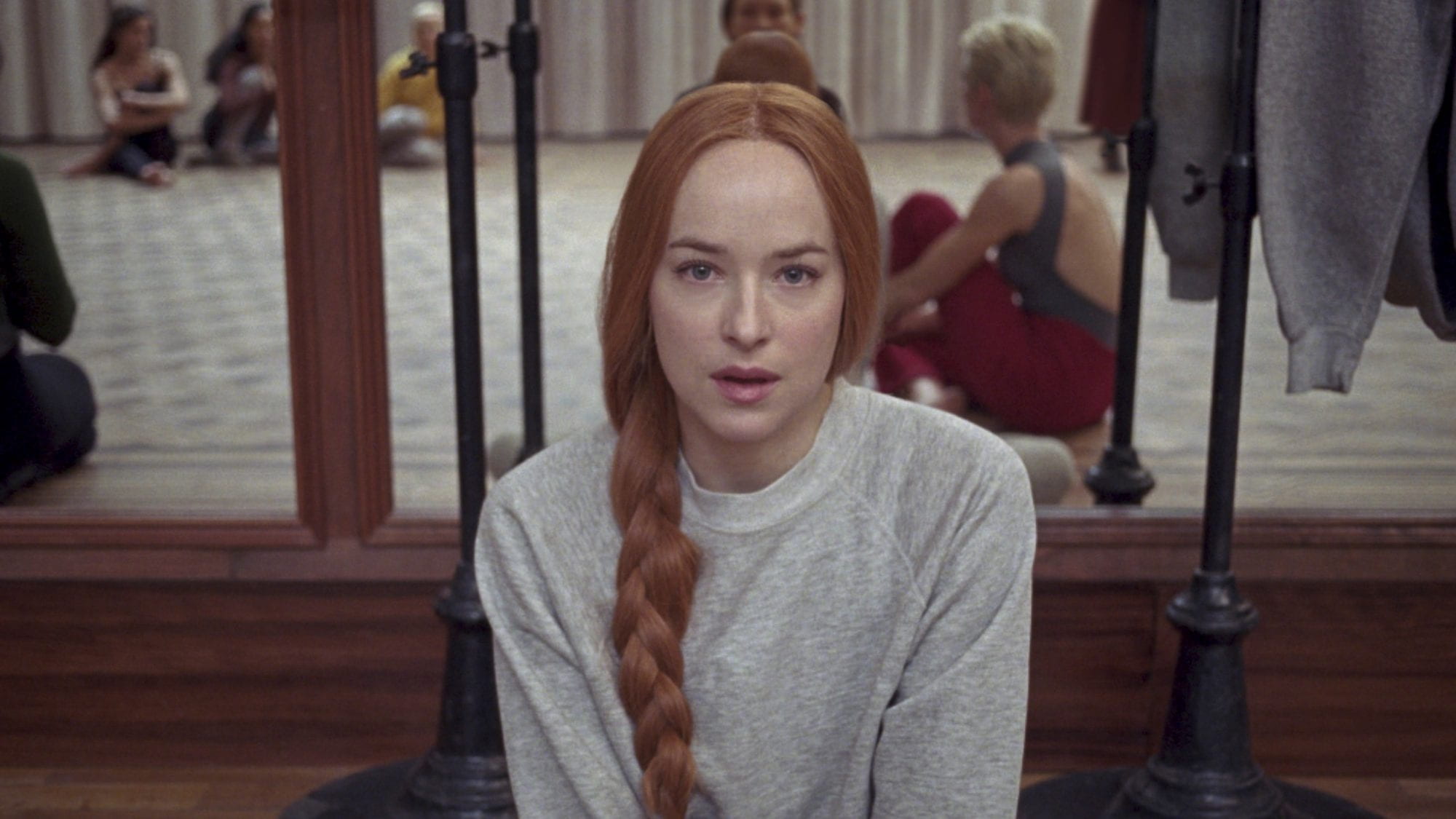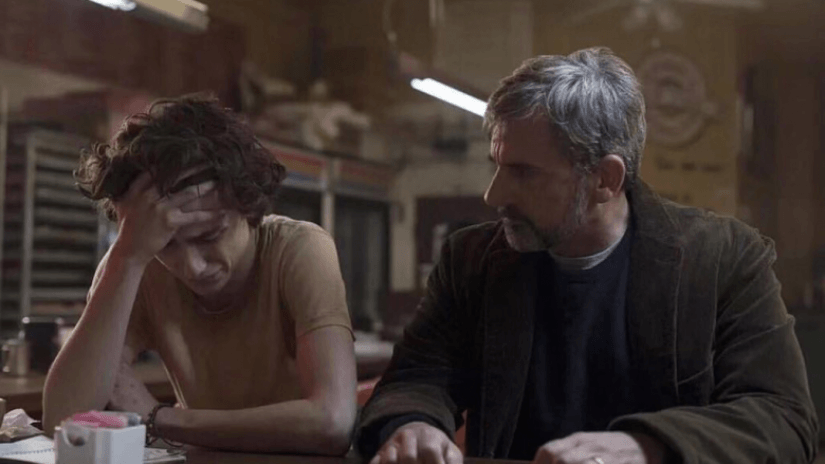“You may be disappointed with the film in its entirety, but do it knowing you’ll see Winslet carry the whole film.”
Woody Allen is back at it again producing another fourth-wall breaking, relationship drama, with most of the Woody-isms you would come to expect. Wonder Wheel is Allen’s 48th directorial film, and while it’s no Annie Hall or Blue Jasmine, it has some genuine moments of sympathy that are impaired by its overt simplicity.
The story follows Ginny, a 39 year old waitress played by Kate Winslet who feels like her life is going no where and has no meaning, as she has an affair with Mickey, a twenty-something grad student played by Justin Timberlake who has taken up a summer job as a lifeguard on the Coney Island Boardwalk. Her husband Humpty, played by Jim Bulushi, is a supportive husband albeit a settlement for Ginny who is still holding on to her failed dreams that lead her here. The drama unfolds when Humpty’s estranged daughter from a previous marriage, Carolina played by Juno Temple, returns home and threatens Ginny’s youthful hopes when she too falls for Mickey.
While Timberlake is all well and good, it is Winslet’s performance that is at the heart of the film, often propping up Wonder Wheel and elevating it to be compelling and emotionally driven. Winslet’s sorrowful portrayal of Ginny creates a very empathetic view of the character, and because of it, there is something very tangible at the core of Wonder Wheel that I think the audience will appreciate. It’s a shame that such a wonderful performance is positioned in a film that is otherwise bland with characters that are downright shallow in comparison to Ginny.

Adding to this sentiment is how simplistic the screenplay can feel at times. Any drama comes from Ginny, characters lack true dimension, and the narrative will pan out the way you think, culminating in a narrative that is pretty level overall, but is proclaimed by Allen as highly sophisticated. The film seems to be fixated with itself and how smart it is, making reference to character archetypes within conversations and opening the film with Mickey proclaiming the story as riveting and unbelievable. This arrogance undercuts some of the film’s better qualities and doesn’t seem to serve a purpose rather than to make cheeky references about its own self importance.
On a secondary note, the whole production feels like it should be a stage play. The long takes with a floating camera that moves in and around scenes, the use of only a handful of sets, and the composition of characters within scenes made me wonder if this was ever written for the stage before Allen took it to Amazon and brought it to the big screen. The whole time I was watching, I was thinking how the film feels like a theatrical experience rather than a cinematic one, which isn’t inherently bad, but it should be noted.
The movie is a visual candyland of the 1950s Coney Island Boardwalk (call back to Annie Hall’s Alvy), oozing with colorful saturation and pupil-dilating brightness that shifts to a mute color grading and darker lighting when the story turns sour for Ginny. For example, as Ginny becomes disheartened, the scene will take on a dim blue, or as she boils over with emotion, the light intensity will be ratcheted up and blow out the highlights mid-scene. This is an admirable technique that clues the audience into character emotions through a visual medium, but sometimes can border on being artificial with how hyper realized it can be.
It can be said that this movie is over-confident, too simple, and rather dull, but the entire conflict with Ginny and her inner conflict is too good to pass up. If the performance wasn’t held back by the film’s shortcomings, it may be award worthy which is why I find the film incredibly redeeming at times. If you have the time when the film makes its way onto Amazon Prime, give it watch. You may be disappointed with the film in its entirety, but do it knowing you’ll see Winslet carry the whole film.
SCORE: 3/5 STARS









